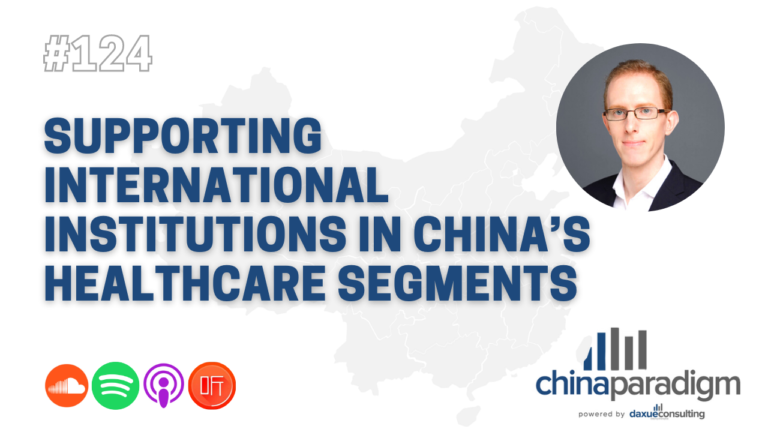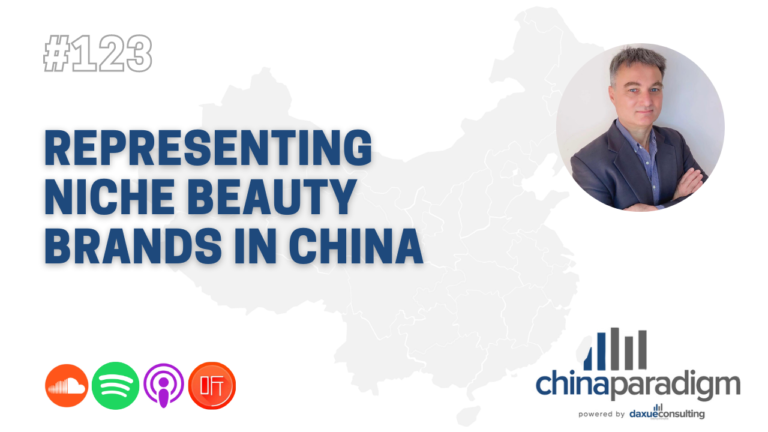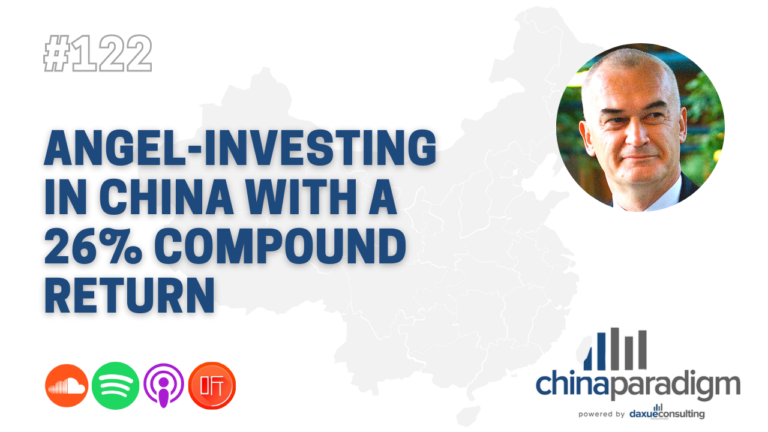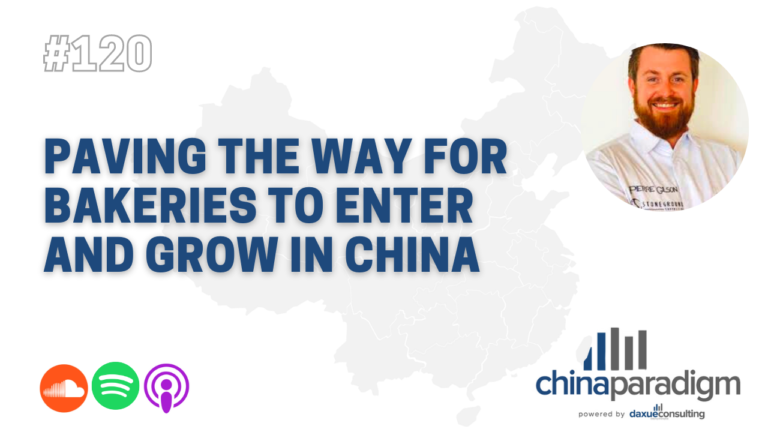Nutrition coaching in China
China Paradigms interviewed Kimberly Ashton, the co-founder of Sprout Lifestyle and Yin Lifestyle, to learn from her nutrition coaching journey, to clarify what is the healthy diet for a Chinese consumer, and to look into the growing trend of healthy lifestyle awareness among Chinese people.
Kimberly Ashton practices nutrition coaching in China
Kimberly Ashton is half Australian and half Chinese who has been engaged in nutrition coaching in China for a long time and nowadays is a recognized expert in this field. She arrived in Shanghai 16 years ago with various experiences in wellness consulting, health coaching, healthy cooking classes and much more. At that time, Kimberly Ashton revealed her interest in nutrition coaching in China. Kimberly has been learning a lot about nutrition even if her former business path, before founding Sprout Lifestyle, doesn’t show it.

Indeed, from 2009 to 2011, Kimberly took a health coach training program at the Institute of Integrative Nutrition and had continued a lot more nutrition studying since then. From Kimberly Ashton’s perspective, acquiring a certificate of nutrition is never enough to be a nutritionist, the most important thing is to practice, to apply nutrition in your life, and to do years of nutrition coaching in China before you can truly call yourself a nutritionist:
“If you don’t have any life experience, if you don’t actually apply the nutrition in your daily life, I don’t think you’re a good example or an opinion leader in this field.”
Sprout Lifestyle helps you grow healthy habits
There is a trend of healthy lifestyle being popular among Chinese people. However, when Sprout Lifestyle was just established in China, according to Kimberly, 80% of clients were expats living in China. Yet, things have changed a lot these last years, as more Chinese care about their health and healthy lifestyle awareness is rapidly growing among Chinese people, local citizens have become the major clients.

Sprout Lifestyle is aiming to help Chinese people to bring up healthy habits by organizing cooking training in China, selling healthy food online, and providing nutrition coaching in China. It is the Sprout Lifestyle’s mission and the meaning of ‘sprout’:
“When we were thinking about Sprout Lifestyle, sprout is the growth or the beginning or the start of something healthy, like alfalfa sprouts, Brussels sprouts, or broccoli sprouts. And then, lifestyle is encompassing this broader approach.”
There is a huge need for professional nutrition coaching in China because although healthy lifestyle culture is developing in China, only a few agencies can offer reliable nutrition coaching. Sprout Lifestyle is here to fill in this gap: the gap between the growing needs and the shortage of nutrition services in the Chinese market.
Promoting a healthy lifestyle in China?
Europe, Australia, and the U.S have known a large-scale development of a healthy lifestyle. Compared to those places, China is just at the beginning stage of promoting
Healthy lifestyle awareness among Chinese people: a rapidly growing trend
Based on Daxue Consulting’s research, 86% of Chinese consumers care about food safety when they are buying products; 52% consider that safety is primordial when choosing food; 73% are ready to pay extra money for more healthy food. Based on those figures, the healthy lifestyle market in China is now a big issue.
Referring to a report from Global Wellness Summit, China is now impacting the global wellness industry thanks to the growing speed of the Chinese middle class. On the one hand, the middle class has the more disposable income to spend on cooking training in China and various educational programs; on the other hand, they are also the main group of people facing a lot of illness because of high pressure from work and other external factors. To some extent, the Chinese middle class has no choice but to care about their health. Drawing on Ashton’s analysis:
“I would say about 60% or 70% (of the clients) would have had an illness or be not so unwell or definitely have a family member who has diabetes or cancer or heart disease or some sort of illness, mild illness to chronic illness.”
Healthy lifestyle awareness among Chinese people is now widespread. Chinese people are learning the power of food and are willing to achieve a higher standard of living, including health issues.
Healthy diet among Chinese consumers: the gap between generations
“It’s encouraged in the Chinese culture to eat well. And I think that this young generation has lost that a little bit with all the fast food and the deliveries.”
A healthy diet among Chinese consumers is more referring to the traditional diet when fast food and takeaway food was not that common in China. Technology has equipped everyone with convenience and nowadays every Chinese can order food using a phone and get something to eat within half an hour. That is indeed convenient but not as healthy as the younger generation thought it could be.
Kimberly Ashton said that the diet is more proper and balanced nutrition, it should definitely include such goods as grains, brown rice, and whole wheat. The last two generations in China are kind of spoiled by white rice, sufficient eggs, milk, and meat:
“People think that they should eat more steak because it’s there now. They can afford it. That’s not a nutritionally sound reason.”
The younger generation in China will no longer face a deficiency of food as their parent generation, but there is more to consider when most people are no longer bothered by food deficiency. There is obviously more food taken into account on menus in China compared to old times, but in order to have a healthy lifestyle, we need to go backward to the traditional Chinese healthy diet.
Listen to this episode here:










